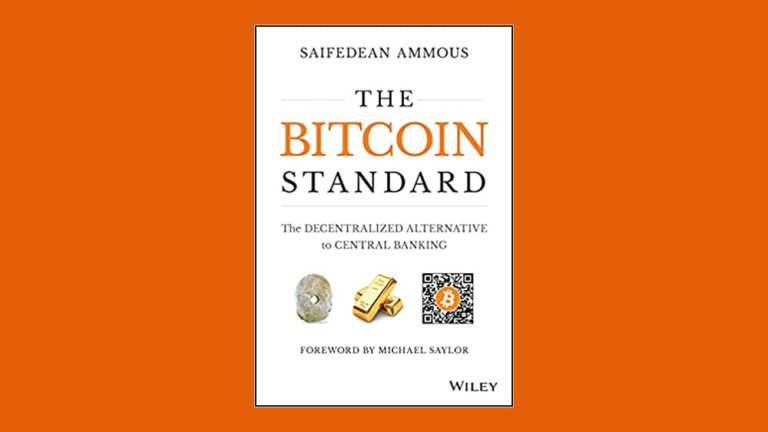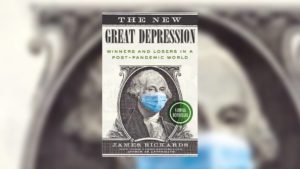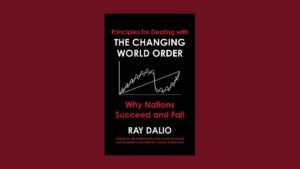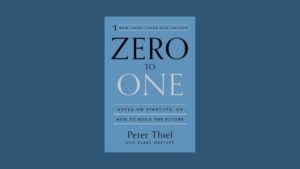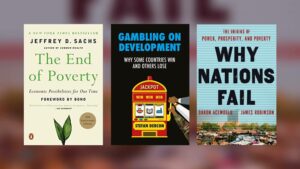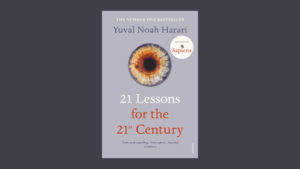In the mother of all bubbles (1637), the tulip bulbs were bought and sold in exchange of gold coins. Fools and scientists then thought highly perishable commodity could fetch them more gold coins in future. Those gold coins can still be traded after 400 years having acquired additional antique value besides the intrinsic metal price. But the flowers could not survive to be put on the grave of foolish traders.
For any individual, the most important economic decisions are the ones she/he conducts in the trade-off with her future needs. Sacrificing consumption today for higher satisfaction tomorrow. Any medium to achieve this transfer of value across time and space is called money. If it doesn’t, it is no money at all. Because of its allure, most people err to identify what is money today and what would be the money tomorrow.
But besides tax collection and keeping an army, only the government has exclusive right over money printing. That government money, called “fiat money” since the past over 40 years, had been a cause of headache for many financial and technology thinkers since it kept losing value. So a professor of economics at the Lebanese American University wrote the book “The Bitcoin Standard” professing highly that the current government issued money is no money and Bitcoin is set to break the government’s monopoly over money.
This book takes the readers through history of money, monetary policy and dominating thoughts of schools of economics and how it all connects with Bitcoin. The Bitcoin Standard analyzes the historical context to the rise of Bitcoin, the economic properties that have allowed it to grow quickly, and its likely economic, political, and social implications.
From the Book
“The tenuous link of gold exchangeability was an annoying detail for the U.S. government’s inflationism, and it manifested in two symptoms: first, the global gold market was always seeking to reflect the reality of inflationism through a higher gold price. This was addressed through the establishment of the London Gold Pool, which sought to drop the price of gold by offloading some of the gold reserves that governments held onto the market.”
“Sound money is a prime factor in determining individual time preference…(it) refers to the ratio at which individuals value the present compared to the future… And because consumption is necessary for survival, people always value present consumption more than future consumption,”
“One of the key problems caused by a currency whose value is diminishing is that it negatively incentivizes saving for the future… Sound money is money that gains in value slightly over time, meaning that holding onto it is likely to offer an increase in purchasing power. Unsound money, being controlled by central banks whose express mission is to keep inflation positive, will offer little incentive for holders to keep it, as they become more likely to spend it or to borrow it.”
“When money was nationalized, it was placed under the command of politicians who operate over short time-horizons of a few years, trying their best to get reelected. It was only natural that such a process would lead to short-term decision making where politicians abuse the currency to fund their reelection campaigns at the expense of future generations.”
“Unsound money is itself a barrier to trade between countries, because it distorts value between the countries and makes trade flows a political issue, creating animosity and enmity between governments and populations.”
“Bitcoin’s volatility derives from the fact that its supply is utterly inflexible and not responsive to demand changes; because it is programmed to grow at a predetermined rate….for the first time since the emergence of the modern state, individuals have a clear technical solution to escaping the financial clout of the governments they live under.”




